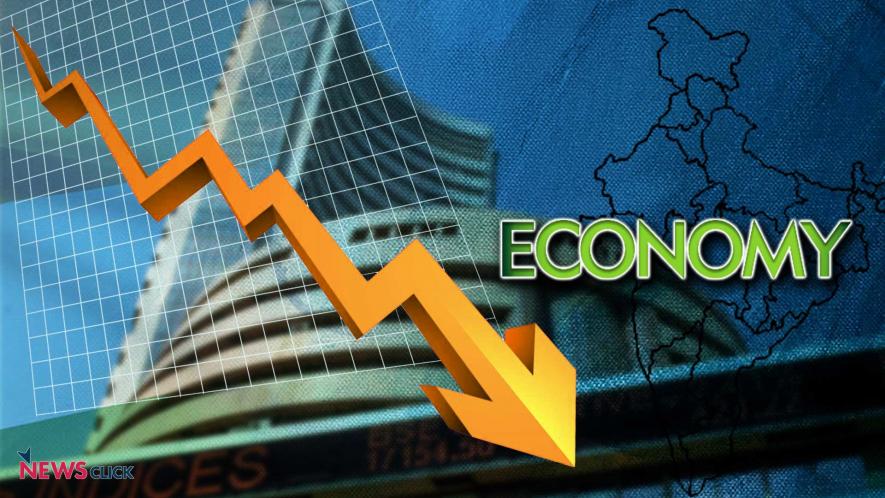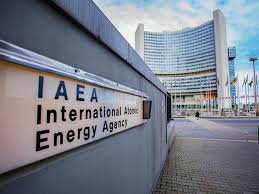Editorial
The issue of smuggling and tax evasion in Pakistan has been a major concern for the government, especially at a time when the focus is on documenting the economy and digitising the value chains to increase the tax-to-GDP ratio. However, despite these efforts, smuggling and tax evasion have continued to thrive, resulting in a reduction in the formal sector footprint, expansion of the black market, and penetration of inferior products in the market. As a consequence, the government is facing challenges in revenue generation.
Several sectors have been adversely impacted by these issues, including the formal juice sector, dairy and other food products, tobacco, petroleum products, and their derivatives. For instance, the smuggling of Iranian diesel into the country has had a significant negative impact on the local refinery industry and jeopardised their plan of upgradation and modernisation. An estimated 30% of the diesel market deals in smuggled products, resulting in the government losing around Rs17 billion per month and leading to a thriving illegal value chain.
Furthermore, the increase in taxation on tobacco products by 200% last year has resulted in a decline of more than 50% in the sales volumes of two big tobacco companies. The market share is now being captured by smuggled, counterfeit, and duty-not-paid tobacco, leading to the government’s loss of growth and the consumers’ getting expired and inferior products, which are even more injurious to health.
The formal juices industry has also been adversely impacted by the imposition of a federal excise duty (FED) of 20% last year. The formal industry’s volumes are down by 40% this year, and the market size is either shrinking or being grabbed by illicit players. The overall impact of GST (18%) and FED (20%) is, in fact, 42%, providing enough room for the informal sector to cut prices and grab the formal market share. The imposition of 20% FED has not only shrunk volumes to three-fifths but also disrupted the fruit value chain, hindering growth to attain scale and compromising export potential.
Another example of a boost to illicit products is the lack of enforcement of regulations, including imported products having a 66% shelf life, ingredients mentioned in Urdu and English, and Halal certification. These regulations are simply not followed and imported food, including dairy products from Iran, seems to have caused a glut-like situation in supermarkets, which may have already expired and not comply with health standards.
The government needs to revisit its policy of imposing taxes on the formal industry without proper enforcement. This approach is hindering the development of formal value chains while smuggling and the availability of inferior products, including counterfeit, are on the rise. Consumers are also being provided with less nutritious products in the case of food, and illegal and informal value chains are building where black markets are providing a safe haven to terrorists and drug dealers. To address this issue, the finance minister should revisit the strategy by reducing taxes and implementing enforcement.

















